Introduction
Health Concerns for Belgian Sheepdog encompass various issues every owner should know
- Understanding these health issues can help in early detection and prevention
- Regular vet check-ups are crucial to maintaining your Belgian Sheepdog's health
- Knowledge about common ailments ensures you're prepared to act swiftly
- Prevention and care tips can greatly enhance your dog's quality of life
- Staying informed can save you from potential heartaches and vet bills
1. Hip Dysplasia
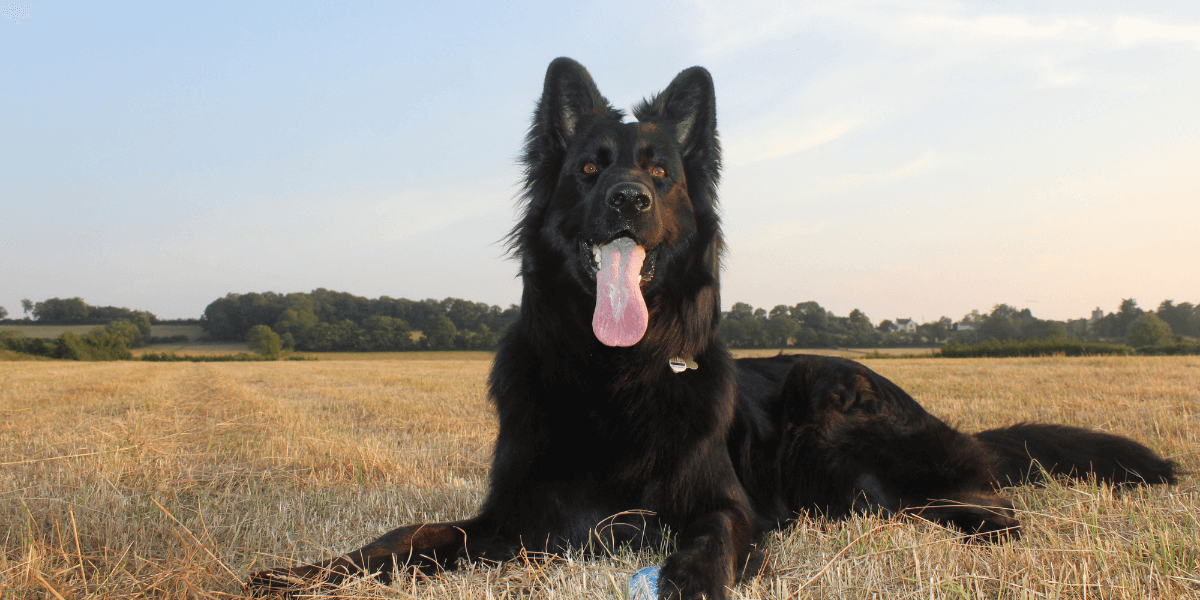
Hip dysplasia is a genetic condition where the hip joint doesn't develop properly.
Prevention and Care
- Regular Exercise: Maintain a regular exercise routine to keep your dog's muscles strong
- Weight Management: Prevent obesity by feeding a balanced diet and monitoring your dog's weight
- Veterinary Check-ups: Regular vet visits can help in early detection and management
- Supplements: Consider joint supplements like glucosamine and chondroitin
2. Elbow Dysplasia
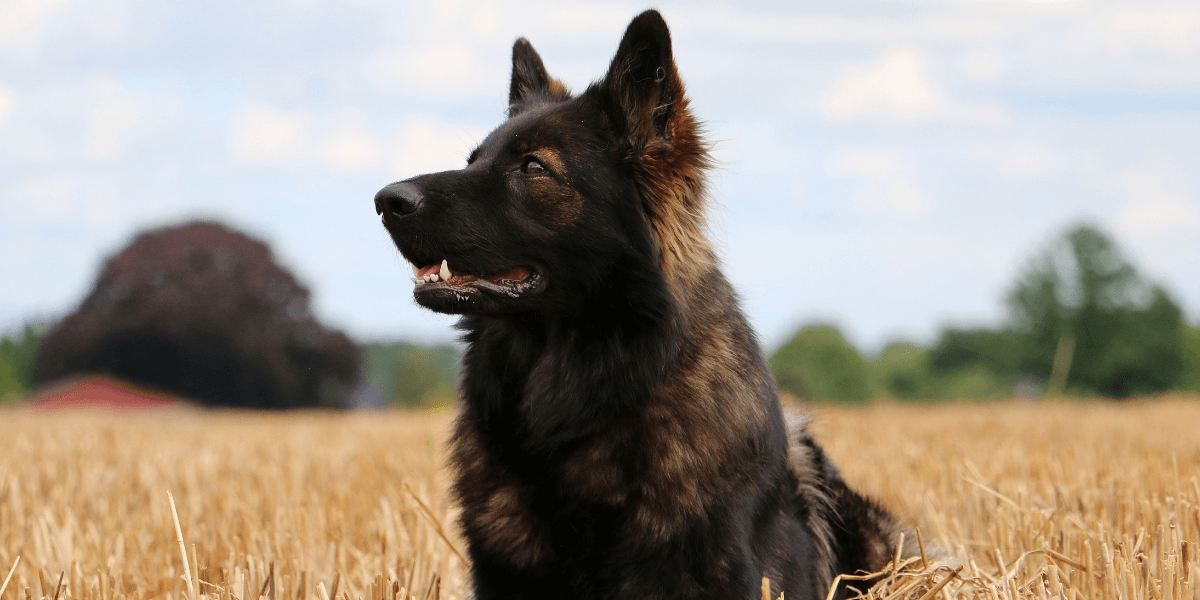
Elbow dysplasia is another common orthopedic issue in Belgian Sheepdogs.
Prevention and Care
- Balanced Diet: Provide a diet rich in essential nutrients to support bone development
- Controlled Exercise: Avoid high-impact activities that can strain young joints
- Veterinary Care: Regular check-ups and X-rays can help detect elbow dysplasia early
3. Progressive Retinal Atrophy (PRA)

PRA is an inherited disease that causes gradual vision loss, eventually leading to blindness.
Prevention and Care
- Genetic Testing: Before breeding, ensure both parents are tested for PRA
- Regular Eye Exams: Routine eye check-ups can help detect PRA early
- Environmental Adaptations: Make your home safe and accessible for a visually impaired dog
4. Epilepsy
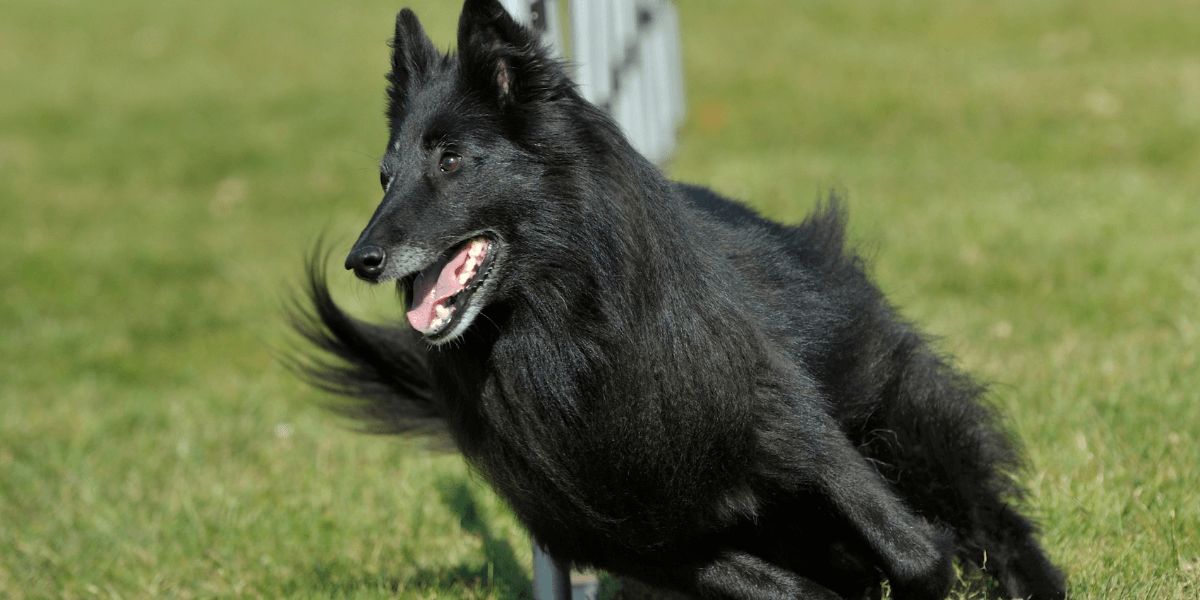
Epilepsy in dogs is characterized by recurrent seizures, which can vary in severity and frequency.
Prevention and Care
- Medication: Antiepileptic drugs prescribed by your vet can help control seizures
- Routine: Maintain a consistent routine to minimize stress, which can trigger seizures
- Safety: Create a safe environment to prevent injury during a seizure
Epilepsy is a concern for Belgian Sheepdogs, and Great Danes face their own health challenges too.
5. Hypothyroidism
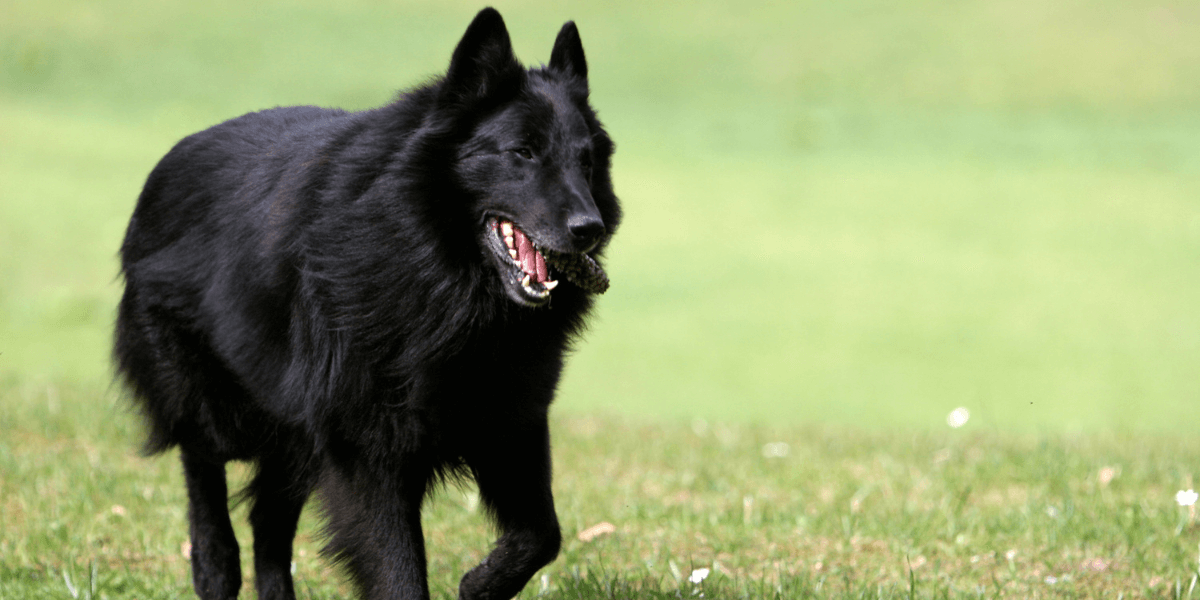
Hypothyroidism is a condition where the thyroid gland doesn't produce enough hormones.
Prevention and Care
- Regular Blood Tests: Annual blood tests can help detect hypothyroidism early
- Medication: Thyroid hormone replacement therapy is usually required for life
- Diet and Exercise: Maintain a healthy diet and regular exercise to manage weight gain associated
6. Bloat (Gastric Dilatation-Volvulus)

Bloat is a life-threatening condition where the stomach fills with gas and twists.
Prevention and Care
- Feeding Habits: Feed smaller, more frequent meals and avoid vigorous exercise immediately
- Limit Water Intake: Restrict water consumption before and after meals to prevent bloat
- Avoid Gulping: Use slow-feeder bowls to prevent your dog from eating too quickly
- Know the Signs: Learn the symptoms of bloat and seek immediate veterinary care
Bloat is a serious risk for Belgian Sheepdogs, and orthopedic beds can help support Great Danes' health.
7. Allergies

Belgian Sheepdogs can suffer from various allergies, including food, and contact allergies.
Prevention and Care
- Diet: Feed a hypoallergenic diet if food allergies are suspected
- Environment: Keep your home clean to reduce exposure to environmental allergens
- Regular Baths: Baths with hypoallergenic shampoos can help manage skin allergies
8. Dental Disease
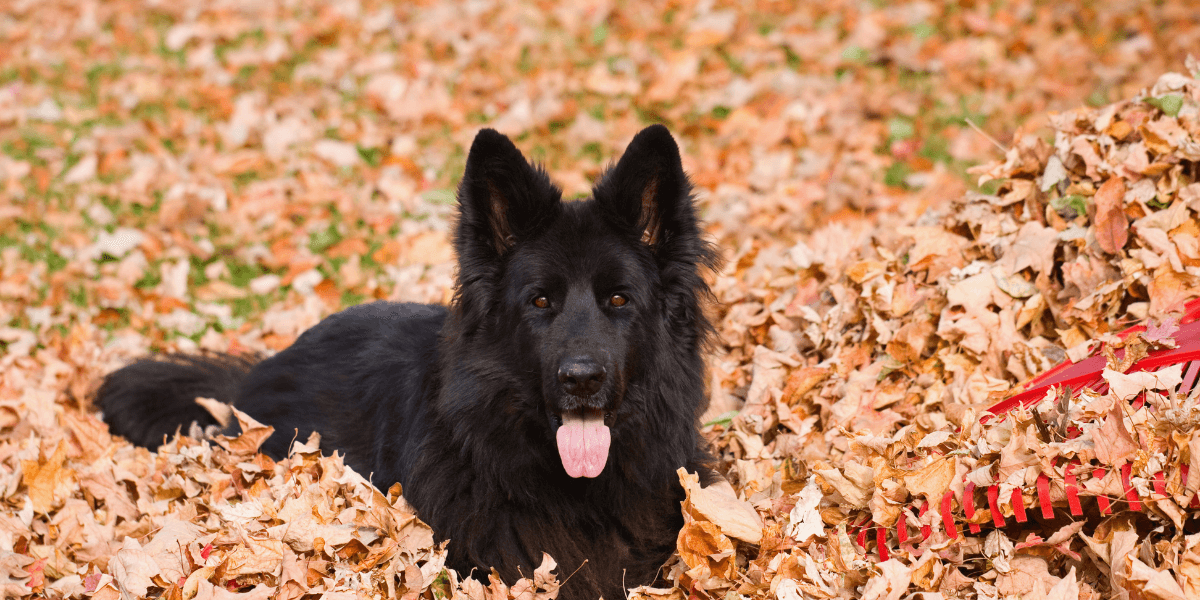
Dental disease, including periodontal disease, is common in dogs.
Prevention and Care
- Regular Brushing: Brush your dog's teeth regularly with dog-safe toothpaste
- Healthy Diet: Feed a diet that supports dental health and prevents plaque buildup
- Dental Chews: Provide dental chews and toys to help clean teeth and gums
- Veterinary Cleanings: Schedule professional dental cleanings as recommended by your vet
Dental health is linked to diet, and German Shepherds and Belgian Sheepdogs benefit from proper nutrition.
9. Cancer

Belgian Sheepdogs, like many breeds, can be prone to various cancers.
Prevention and Care
- Regular Check-ups: Routine vet visits can help detect cancer early
- Healthy Lifestyle: Maintain a healthy diet and exercise regimen to support overall health
- Awareness: Be aware of common symptoms like lumps, weight loss, and lethargy
10. Obesity

Obesity can lead to numerous health issues, including diabetes, arthritis, and heart disease.
Prevention and Care
- Balanced Diet: Feed a nutritious, balanced diet appropriate for your dog's age
- Routine Vet Checkups: Regular vet visits help monitor weight and overall health
- Regular Exercise: Ensure your dog gets plenty of exercise to maintain a healthy weight
- Portion Control: Measure food portions and avoid excessive treats
FAQs
1. What are common Health Concerns for Belgian Sheepdog?
- Hip dysplasia, eye problems, epilepsy, and skin conditions
2. How to prevent hip dysplasia in Belgian Sheepdogs?
- Ensure proper diet and regular exercise
3. Are Belgian Sheepdogs prone to eye problems?
- Yes, they can suffer from cataracts and progressive retinal atrophy
4. How can I care for my Belgian Sheepdog’s skin?
- Regular grooming and using hypoallergenic products help
5. Is epilepsy common in Belgian Sheepdogs?
- Yes, it is one of the Health Concerns for Belgian Sheepdog
6. What is the best diet for a Belgian Sheepdog?
- High-quality protein-rich diet, avoid fillers and grains
7. How often should I take my Belgian Sheepdog to the vet?
- At least once a year for regular check-ups
Conclusion
- Addressing Health Concerns for Belgian Sheepdog ensures a happy, healthy pet
- Regular vet visits are key to early detection and treatment of health issues
- A balanced diet and exercise can prevent many common health problems
- Educate yourself on symptoms to act quickly and effectively
- Preventive care is the best approach to managing health concerns
Please share this post with fellow dog owners and leave your comments below!
References
For more information on the Health Concerns for Belgian Sheepdog, check:
- What are the best treatments for dog hip and joint pain?
- Common Causes of Hip and Joint Pain in Dogs?
- A Guide to Belgian Shepherd Health: Common Issues and Prevention Strategies
- Belgian Sheepdogs Traits and Characteristics
- Health Concerns for Belgian Sheepdog
- The Best Joint Supplements for Dogs with Hip and Joint Pain
Thank you!




